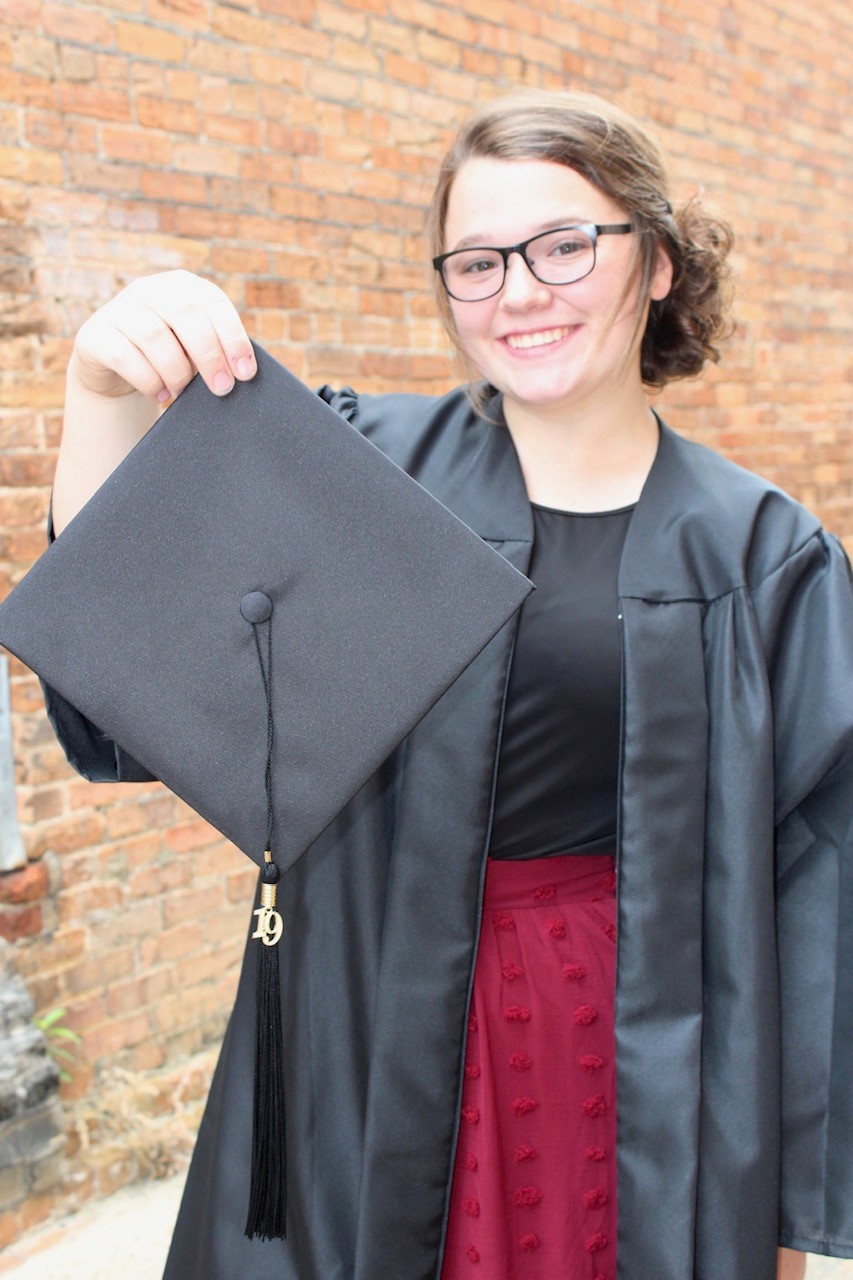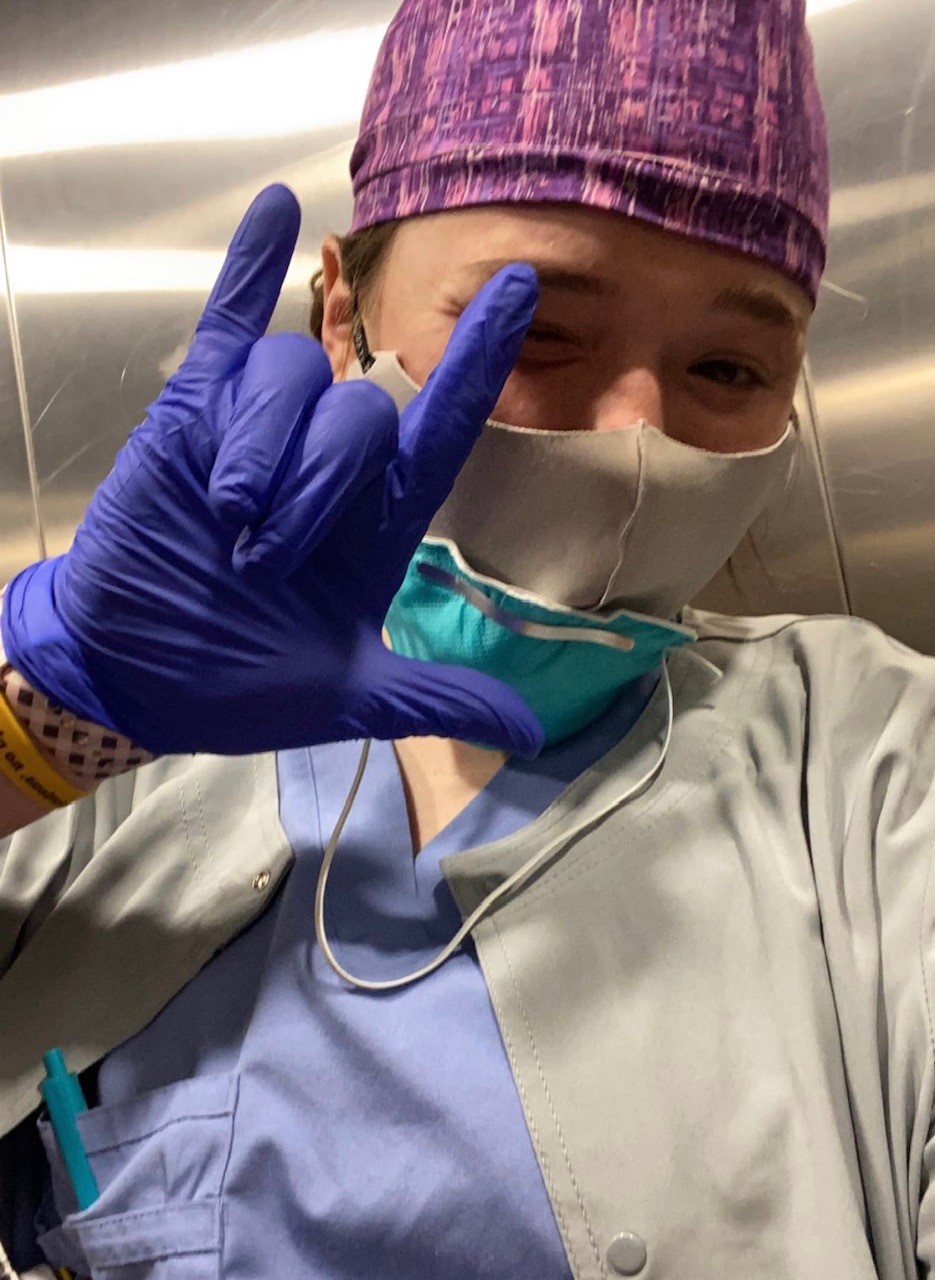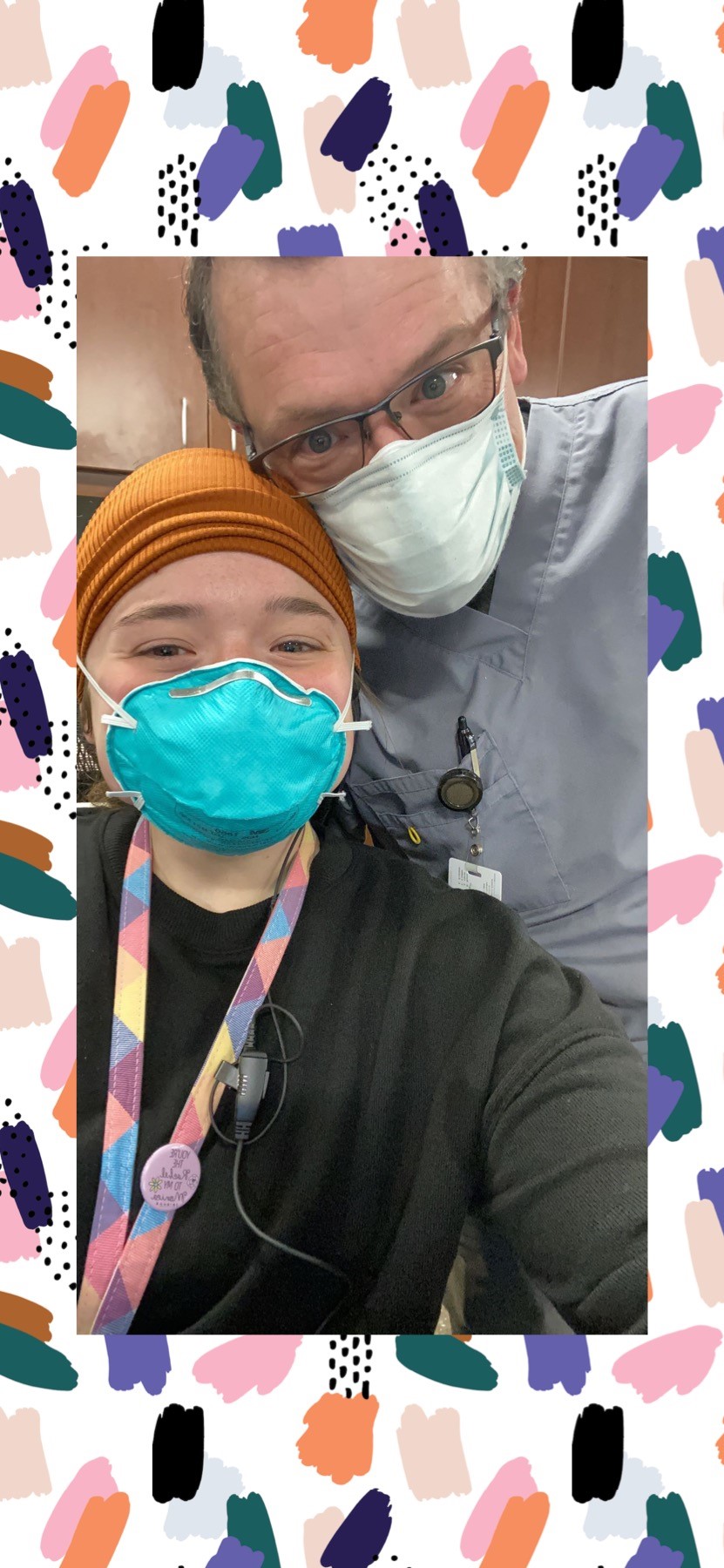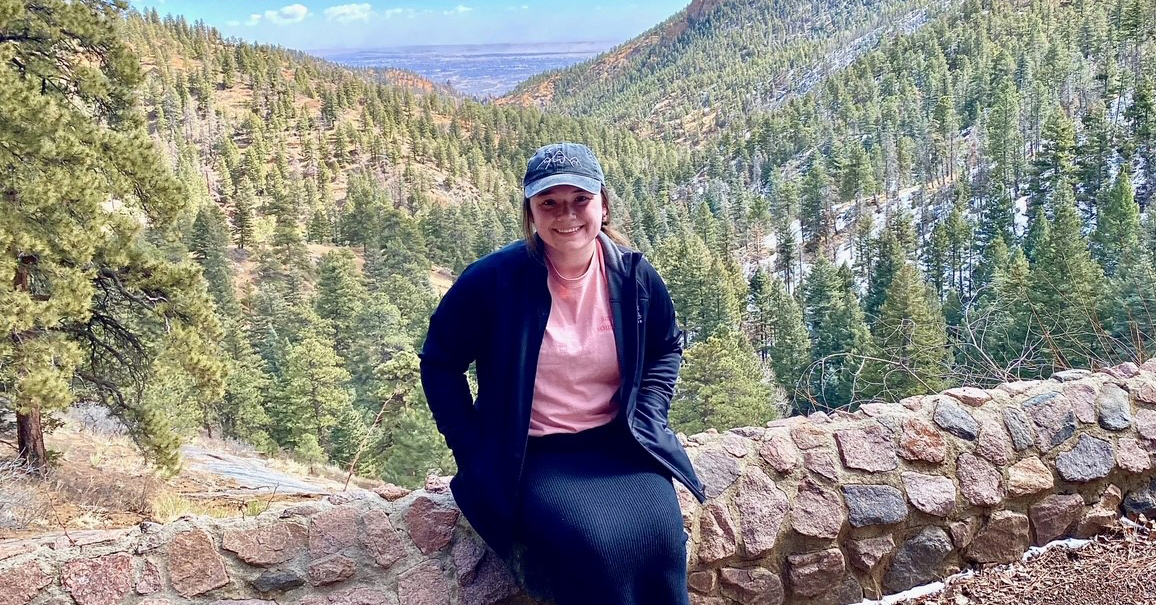Abigail took full advantage of our Dual Enrollment program, earning her CNA certificate in 2019 and her Interdisciplinary Studies Degree with us in 2020. Since her graduation, she has started her healthcare career at Colquitt Regional Medical Center and continued her education at ABAC, where she will complete a degree in Rural Community Healthcare Development this December. Abigail has big plans for her career and we are so proud that she chose to #StartHere!
Q: How did you decide to take Dual Enrollment classes?
A: I first heard of Dual Enrollment through several friends that had completed high school. They all spoke very highly of it and suggested I try it out. While entering the 10th grade, I made the decision to try it out, and it was just what I needed!
Q: Which Dual Enrollment classes did you take?
A: I took about 68 credit hours during my time at SRTC! Most of these were Dual enrollment classes. I was able to graduate high school with only about nine credit hours left for my degree! Many classes such as ENGL1101, ENGL1102, College Algebra, PSYC1101, Biology, Anatomy, and Medical Terminology were prerequisites for PA school!
 Q: Do you remember any particular teachers?
Q: Do you remember any particular teachers?
A: The teachers at SRTC helped shape who I am today! One teacher that stuck out to me the most was Ms. Ruth Crockett. She was a lifesaver in so many ways! She always greeted her students with the biggest smile and the most caring heart! She helped lead me to a path of medicine and showed me how importance kindness is when it comes to medicine. I still remember many of the lessons she taught me & utilize them daily.
Q: How were your Dual Enrollment classes different from what you had experienced as a student before becoming a college student?
A: I was homeschooled most of my life before coming to SRTC, so experiencing the classroom in a college setting was different for me! I felt as if I adapted quickly and appropriately. The college environment was a welcomed change, and I felt as if I fit right in!
Q: How did you decide to take part in the CNA program?
A: I was wondering if the medical field was right for me. An SRTC High School Coordinator explained that the CNA program is a perfect entry program for a future medical provider, as it would show me every side of medicine and (hopefully) land me with a future job!
Q: What did you like about your occupational program at SRTC?
A: The CNA program was so enlightening as to what Medicine is and how important each position in a healthcare setting can be!
 Q: What did you learn about careers in healthcare as an SRTC student?
Q: What did you learn about careers in healthcare as an SRTC student?
A: Through the CNA program, I was able to see how we can all play a part in the big picture of holistic health.
Q: What is your job now?
A: I currently work as an Emergency Room Tech, where I am able to utilize all of my skills learned at SRTC and then some!
Q: What do you like about your career path?
A: For me, Medicine is a calling. I have always felt lead to go into medicine and work with children. I have been able to participate in some overseas missions’ trips that lead to this desire to help change the world of rural medicine.
 Q: What is most challenging about your current career?
Q: What is most challenging about your current career?
A: Rural medicine can be a challenging career for any provider, but there are many healthcare deserts when it comes to proper pediatric care. This can make healthcare a challenging field, but this is being increasingly focused on daily and will likely be eliminated as rural communities move toward a more sustainable future.
Q: What are your next steps in your career and education?
A: I have been accepted into the Physician Assistant (PA) program at Cedarville University in Ohio! After my graduation from PA school, I plan to come back to a rural town in Georgia and provide pediatric and family-based healthcare to the rural communities. I would also like to focus on bringing healthcare to rural communities and villages overseas.
Q: How did you decide to become a PA?
A: My main influence in the medical field was my dad, who is also a PA. I was able to watch the world-changing moves he made in other countries as well as in our hometown, and I was inspired to enter the field myself. During my time at SRTC, I studied and researched each part of healthcare and the in-depth roles that each person in the medical field play. This led me to believe that becoming a PA was right for me. Working in the Emergency Room, I have been able to shadow and view the role each team members plays in emergent situations. This was another confirmation that becoming a PA was right for me.
Q: What are you looking forward to when you become a PA?
A: Working with the people! Much of my research both in and outside of school has been with the diabetic populations in the rural community. Midlevel providers like PAs can make a massive difference in the lives of these patients. Making a difference in the lives of my patients is at the top of the list when it comes to things I look forward to in my career.
Q: What advice do you have for someone looking to go into a healthcare profession?
A: Start as soon as you can! Research the programs you are interested in and be in contact with the program! Find out what you can do now and start on it! For me, it was obtaining my prerequisites as early as possible during my dual enrollment classes, and getting as many shadowing hours as possible. This is so important when it comes to a higher education in medicine and is not something that should be slacked on. SRTC is an amazing place to start, and it is never too early to get ahead of the game!
